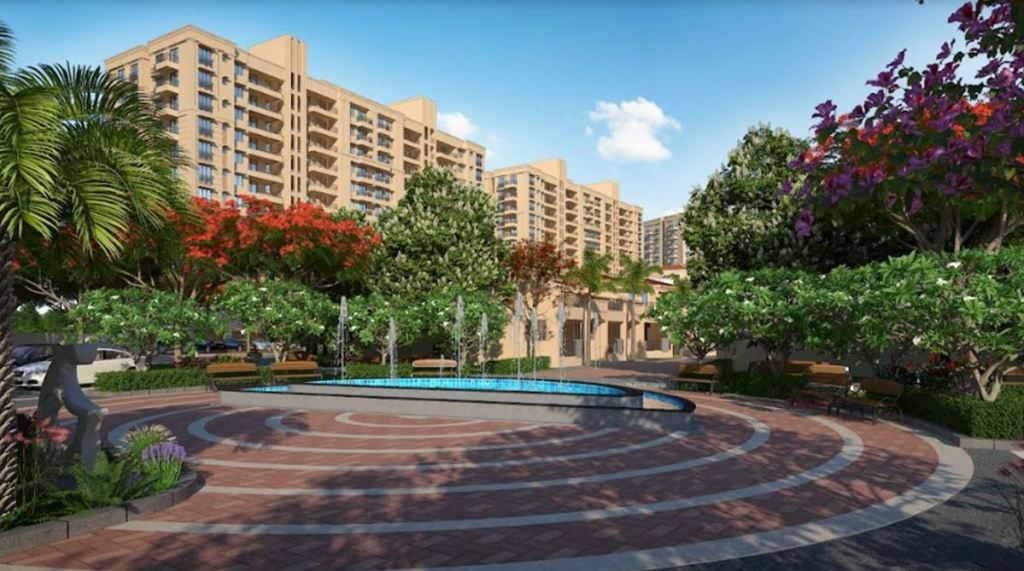By Amit Goyal
The BJP-led NDA government has returned to power for the third consecutive time, which could have a significant positive impact on the Indian economy and the real estate sector. Because, political stability greatly boosts both consumer and investor confidence. We are a young country, poised to become the third largest global economy by 2027, and demand for homes is inevitably going to remain strong, now that we have stability on the policy front and continued focus on infrastructure development.
As the economy prospers, so do its people, and we expect the buoyancy in residential real estate to continue. As part of its first 100 days’ agenda, we firmly believe the NDA government can consider and take decisive steps to support and improve the real estate sector. As a GDP accelerator, continued momentum in real estate is crucial for its goal of becoming a $7-trillion economy by 2030, and the third largest in the world.
Also Read: How does inflation affect your savings & investments?
THE NATIONAL AGENDA
- Stricter enforcement of RERA: While the Real Estate (Regulation and Development) Act of 2016 is a significant achievement by the BJP-led government, RERA needs stricter enforcement. Some states have weakened its provisions, resulting in non-compliance with orders from Regulatory Authorities. Enhanced checks and balances are crucial to ensure accountability and transparency.
- Moderating GST on under-construction units: The government should look at addressing the substantial extra costs which make affordable home projects difficult for the private sector, particularly taxes on real estate transactions. We hope the government considers moderating the GST burden on under-construction projects, especially now that the GST tax collection buoyancy is well established.
- Streamlining project approvals through a single-window clearance system : Delays in approvals are a major bottleneck, and resolving this will expedite project timelines and reduce overall costs, the benefits of which can be passed on to the home buyer.
- Increasing the income tax exemption limits on home loan repayments and interest. These have not been adjusted since 2014 and continue to be capped at INR 2 lakh rupees. It is a long-pending request by the housing industry and will provide essential relief to homebuyers and boost demand. We hope to hear of this in the upcoming Union Budget 2024-2025, to be presented in July.
- Improved Urban Planning: Our cities are under significant strain. Heat waves, water crisis, air pollution, have become par for the course. Implementing climate resilient master plans is vital for sustainable development. For example, despite the Delhi Master Plan MPD 2041 being ready, it hasn’t been notified for over a year. Prompt implementation of such plans is necessary to manage urban growth effectively.
THE CAPITAL AGENDA
The real estate market in Delhi is dynamic and complex, driven by high demand for housing and commercial properties due to economic growth and an influx of migrants. However, challenges such as limited land, infrastructure, and a complex regulatory environment hinder development. Navigating approvals, zoning regulations, and building codes remains difficult for developers and investors.
Key areas needing government action within the first 100 days include:
- Immediate Implementation of the Land Pooling Policy (LPP): Despite being introduced 17 years ago and included in the Master Plans of 2021 and 2041, the LPP has seen no real progress. This delay exacerbates housing shortages and infrastructure deficits as Delhi’s population continues to grow.
- Enhancing Air Quality and Green Cover with the Green Development Area (GDA) Policy: This policy aims to develop land in green belts and low-density areas but has missed multiple deadlines. Its implementation is crucial to manage urban growth sustainably and prevent unauthorized construction in urban villages.
- Freehold Conversion Approval in Prime Areas: The slow process of converting leasehold properties to freehold, especially in South Delhi and Lutyens Bungalow Zone, delays transactions and causes distress to property owners. Streamlining this process is necessary to alleviate financial and administrative burdens.
- Rationalization of Circle Rates: Adjusting circle rates uniformly across Delhi or creating subcategories within existing classifications can align rates with actual market prices. This would reduce cash transactions and ensure transparency in property valuations.
By addressing these issues, the government can promote sustainable development, enhance transparency, and support the real estate market’s growth.
(The author is MD, India Sotheby’s International Realty)
Disclaimer: Views expressed are personal and do not reflect the official position or policy of FinancialExpress.com. Reproducing this content without permission is prohibited.


